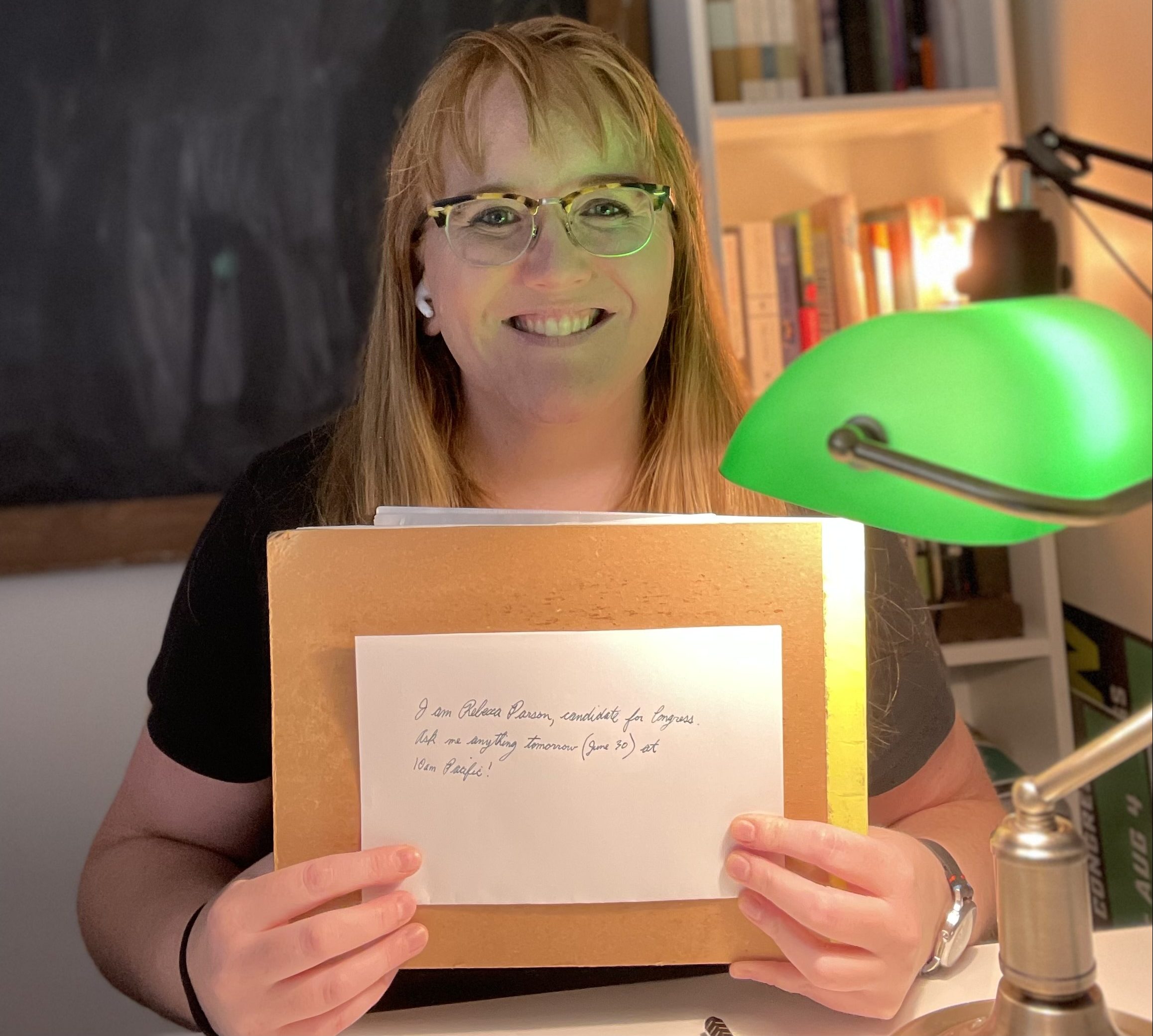It’s a controversial question that has been circulating since the birth of smart phones: Could your cell phone’s location be used against you by our government? It’s no longer a hypothetical.
The American Civil Liberties Union has released new Homeland Security data on Monday that details how that threat is no longer a hypothetical. Their data, which was first published by Politico, found the Trump administration used mobile location data to track people and their movements.
Now, a Congressional candidate out of the tech rich Seattle/Tacoma area predicts this surveillance threat is only going to get worse following the Supreme Court decision overturning of Roe v Wade. Grit Daily caught up with Rebecca Parson to hear why she believes women are most at risk.
How do you believe technology can be used against women?
Technology is already being used against women, and with the recent Supreme Court decision, there will be even fewer limitations to its use in prosecution.
Many people don’t know this, but there are no laws to prevent a state from obtaining a search warrant for your internet search history, especially if they suspect abortion. And this isn’t just a hypothetical scenario. Ohio and Mississippi recently used technology and search history to prosecute women who lost their pregnancies; both women were charged with murder. Even period-tracking apps are at risk of being subpoenaed.
There are also other technologies at risk for abuse. “Stingray” technology allows police to track cell phone signals that can be used to validate claims that a woman crossed state lines to get an abortion. Courts can also obtain location data through “geofence” warrants, which force major tech companies like Google to hand over information on where a device was during a given time period.
With the help of big tech, prosecutors can convict women who have crossed state lines to access reproductive care.
What kind of laws do you believe we need to protect against the abuse of these technologies?
Some members of Congress are already calling on the FTC to investigate Google and Apple for the surveillance system these companies have created.
I’d like to take this a step further with a law that prevents tech companies from collecting and retaining location data. Google says they will stop collecting this data, but we need to enforce this, not simply take a company’s word for it.
Do you really believe that these abuses could lead to a broader surveillance society?
Yes. In many ways, we already live in a surveillance society. The question is whether we will allow the surveillance to intensify, or if we will regulate and restrain it.
Google has already revealed that their company received 5,764 “geofence” warrants between 2018 and 2020 from police in 10 states that have banned abortion as of July 5, according to Politico.
Now that abortion is becoming a part of the penal code, we will see even more of these types of cases in which technology is leveraged to prosecute women.
Some people might believe this potential for abuse is a tradeoff for the benefits of technology. What would you say to them?
I don’t agree that abuse must come with the use of this technology. We just need laws in place to prevent the government, lawmakers, and extremists from using this technology against us. We can both have laws in place and benefit from the technology.
100 years ago, Upton Sinclair’s book The Jungle — about abusive and unsafe practices in American slaughterhouses — sparked the passage of the Federal Meat Inspection Act. The choice was not a binary one between zero meat-safety regulation vs. zero meat consumption. Instead, it was to continue meat consumption — but with regulation for the safety of consumers. We need to do this with tech and privacy today: continue to use tech, but regulate it for privacy.
This is where our participation in democracy will make a difference. Public outcry sparked change 100 years ago, and it can spark change again today. And if you’re in the Seattle/Tacoma area, reach out to my campaign if you’d like to get involved.


